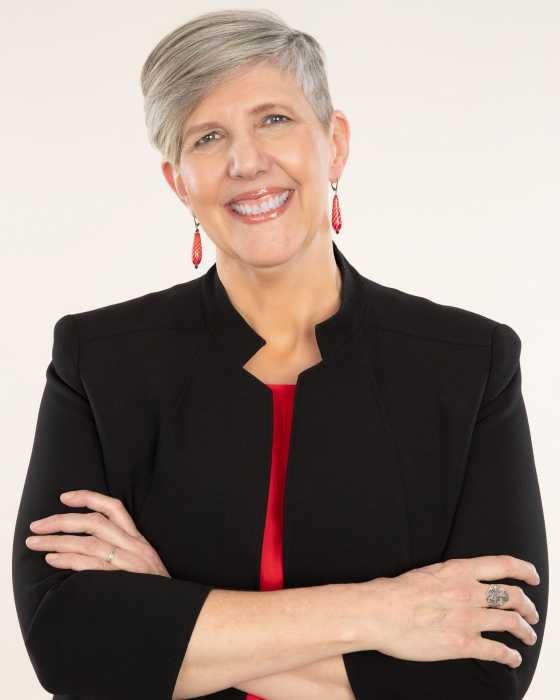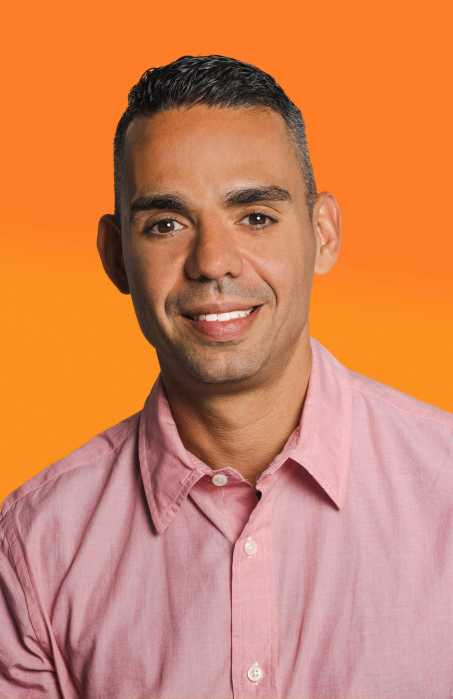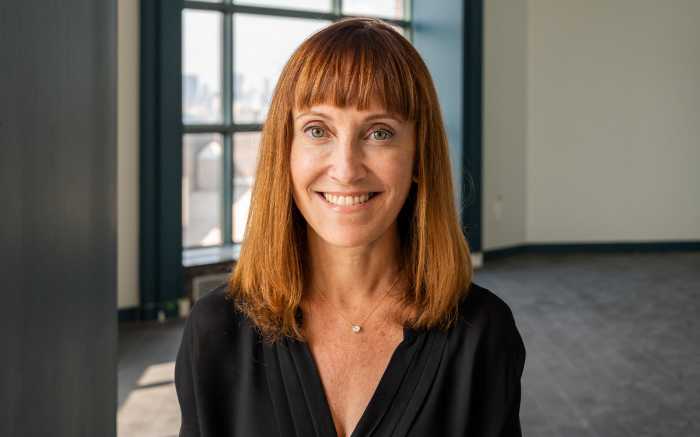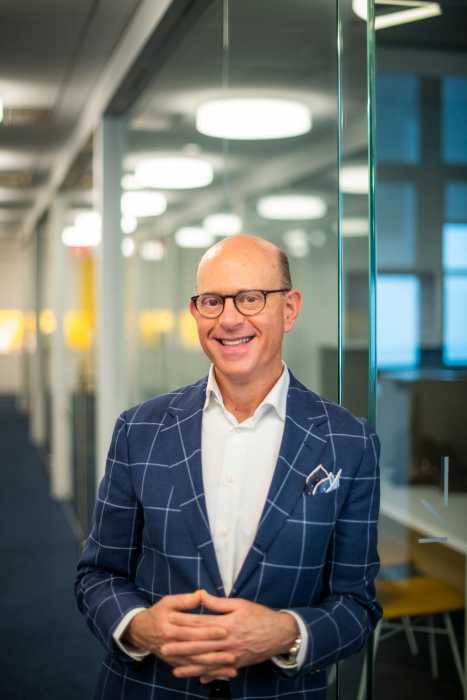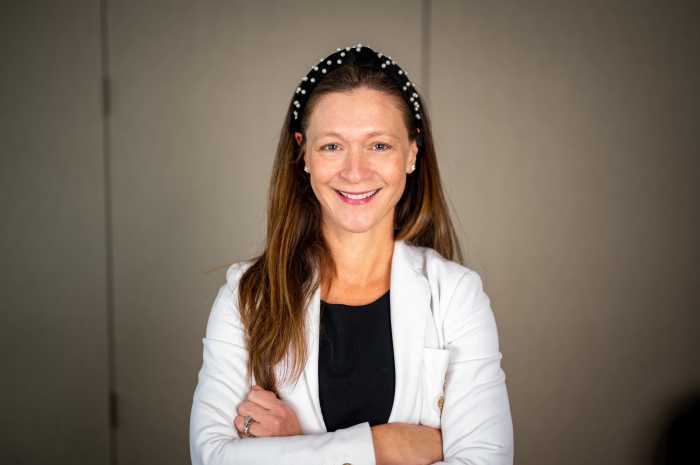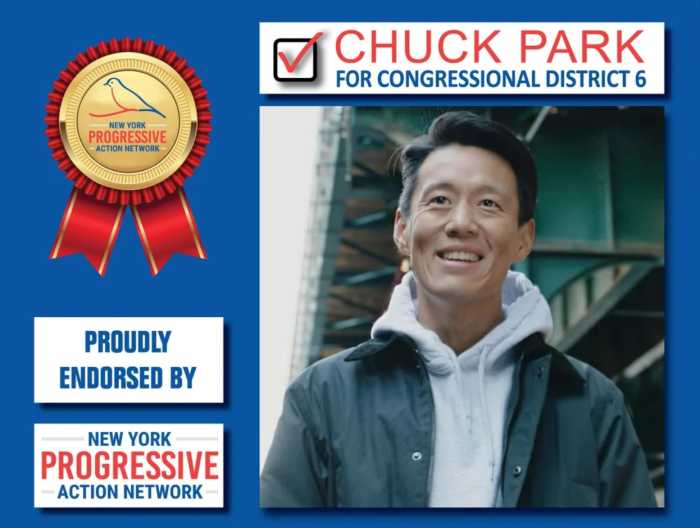Clare Reichenbach is the CEO of the James Beard Foundation (JBF), the country’s preeminent culinary arts organization dedicated to celebrating, supporting, and elevating the people behind America’s food culture, and championing a standard of good food anchored in talent, equity, and sustainability. As CEO, Clare directs the foundation’s strategic, programmatic, financial, and management operations. Prior to JBF, Reichenbach was EVP of strategy and business development at the BBC for over 10 years, as well as working as a media strategy consultant to clients such as New York Public Radio.
Was there something or someone that inspired you to pursue a career in the nonprofit sector?
We dedicate so much of our lives to our jobs and careers that it’s always been very motivating for me to ensure that I’m channeling my energy towards a bigger purpose, rather than just personal return. For me, my work is a core expression of my values and an important way to give back.
What is the proudest moment of your career so far?
The pandemic was profoundly challenging for the restaurant industry and, in turn, for the James Beard Foundation. Although there were many things we would do differently, we were decisive in shifting our center of gravity to support our community to get through the crisis. We took the opportunity of ‘no business as usual’ to really re-examine all that we do, from our Awards, to our events to our industry programming, and we have emerged stronger and with a renewed commitment to our mission — to celebrate, support, and elevate the people behind America’s food culture and champion a standard of good food anchored in talent, equity, and Sustainability.
What policy changes could be made to aid in your work within the nonprofit sector?
As the country’s foremost nonprofit in support of the culinary and independent restaurant industry, we believe it is our responsibility to advocate directly for policies that encourage a more equitable and sustainable food system—what we call “Good Food For Good”. Recently, our team worked with hundreds of chefs to outline issues that most greatly impact the food and beverage industry. Stemming from these conversations, the James Beard Foundation announced a set of policy priorities that will guide our advocacy work through 2023. These priorities fall under three focus areas of racial and gender equity; sustainability; and industry culture and practices. We believe policy changes in the following areas would significantly help to encourage a healthier, more sustainable, and thriving food system:
- Nutrition security and SNAP expansion;
- A living wage and equal pay for all those involved in the restaurant supply chain;
- Conservation programs that prioritize soil and water health, as well as food waste and composting;
- Tax credits for independent restaurants that offer specific benefits to their employees;
- Accelerated visas for foreign food service work;
- Funding and market-access for BIPOC farmers and small producers.



